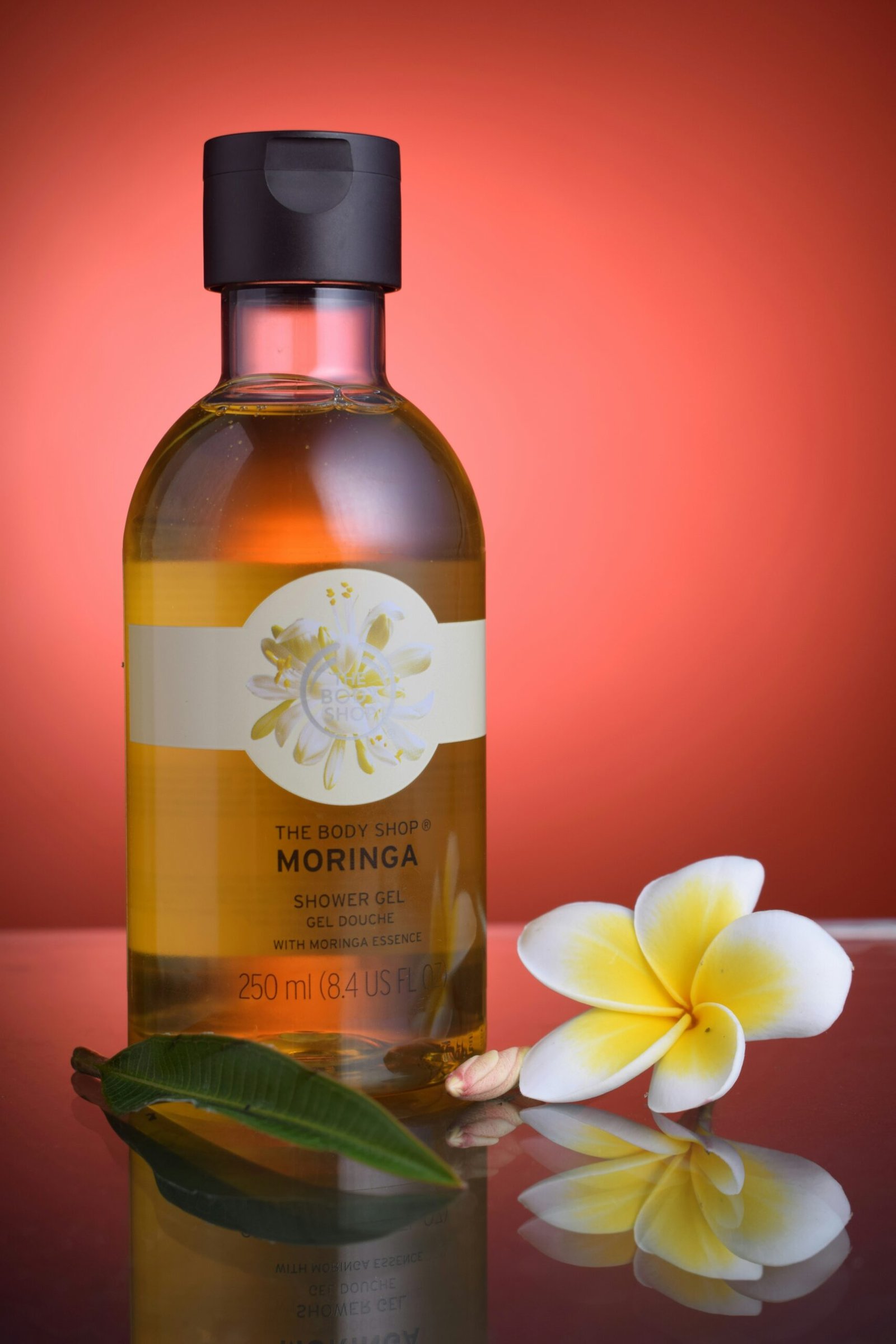Have you ever wondered what natural remedies could give your immune system a little extra boost? In a world filled with various health supplements, one plant stands out: Moringa. This remarkable tree, often referred to as the “drumstick tree,” is gaining popularity for its nutritional properties. Let’s unpack how Moringa can potentially enhance your immunity.

What is Moringa?
Moringa is a fast-growing, drought-resistant tree native to the Indian subcontinent. Its leaves, pods, and seeds are packed with essential nutrients and are used in various traditional medicine practices. Known scientifically as Moringa oleifera, this tiny green powerhouse is rich in vitamins, minerals, and antioxidants that could play a role in enhancing your immune response.
Nutritional Profile of Moringa
Moringa leaves are a rich source of several vital nutrients, making them a popular choice in health and wellness. The main components include:
| Nutrient | Per 100g (Raw leaves) |
|---|---|
| Protein | 27g |
| Vitamin A | 18,427 IU |
| Vitamin C | 51.7 mg |
| Calcium | 185 mg |
| Iron | 4 mg |
| Potassium | 337 mg |
| Maganese | 0.6 mg |
These numbers highlight just how nutrient-dense Moringa is. Its high vitamin C and A content alone can be crucial for keeping your immune system strong.
How Does Moringa Support Immune Function?
Moringa’s potential to boost immunity stems from its impressive array of bioactive compounds. Let’s break down how these components work together to enhance your body’s defenses.
Antioxidants in Moringa
Moringa is packed with antioxidants like quercetin, chlorogenic acid, and beta-carotene. Antioxidants combat oxidative stress by neutralizing free radicals. Free radicals are unstable molecules that can damage cells, leading to a weakened immune response. By reducing oxidative stress, antioxidants can help enhance your immune function and overall health.
Anti-Inflammatory Properties
Chronic inflammation can impair immune function. Moringa has been demonstrated to have significant anti-inflammatory properties. Compounds like isothiocyanates and flavonoids may help reduce inflammation markers in the body, which can improve your immune response. This can be particularly beneficial for managing inflammatory diseases.
Nutrients that Bolster Immunity
Certain vitamins and minerals found in Moringa play direct roles in supporting your immune system:
Vitamin A: Essential for maintaining the integrity of your mucosal cells, which act as a physical barrier to pathogens. It also promotes the functionality of white blood cells.
Vitamin C: Known for its role in immune function, vitamin C helps stimulate the production of white blood cells and enhances their ability to fend off infections.
Iron: Vital for the transport of oxygen in your blood, ensuring that your immune cells receive the energy they need to operate efficiently.
How to Incorporate Moringa into Your Diet
If you’re intrigued by Moringa and want to reap its immune-boosting benefits, consider incorporating it into your daily routine in various forms. Here are some easy ideas:
Moringa Powder
One of the most popular ways to use Moringa is in powder form. You can sprinkle it into smoothies, mix it into your morning oatmeal, or add it to salad dressings. A teaspoon a day is a great starting point.
Fresh Moringa Leaves
If you’re lucky enough to find fresh Moringa leaves, you can add them to salads, soups, or stews. The slight peppery flavor makes it a delicious addition to many dishes.
Moringa Tea
Moringa tea is another excellent option. Steep dried Moringa leaves in hot water for a refreshing beverage. You can sweeten it with honey or add lemon for extra flavor.
Moringa Capsules
For convenience, Moringa capsules or tablets are readily available. They can be a simple and effective way to get your daily dose without altering your diet significantly.
Moringa Oil
Often used in cooking, Moringa oil is another way to incorporate this nutrient-dense plant into your diet. It can be drizzled on salads or used as a cooking oil.
Research Behind Moringa’s Immune Boosting Effects
While traditional uses of Moringa have been documented for centuries, rigorous scientific studies are starting to catch up. Here are a couple of notable findings regarding its impact on immune health:
Moringa and Immune Cell Activity
Some studies suggest that extracts from Moringa can enhance the activity of immune cells like macrophages and lymphocytes, which play critical roles in identifying and attacking pathogens. This means that Moringa might help your body not just fight infections but also adapt and respond more effectively.
Moringa’s Role in Reducing Inflammation
Research indicates that the anti-inflammatory compounds in Moringa could play a role in alleviating conditions such as arthritis and asthma, both involving immune responses. Through the reduction of inflammatory markers in the body, Moringa can help improve your overall immune health and resilience.

Potential Side Effects and Considerations
While Moringa is generally regarded as safe for most individuals, it’s essential to tread carefully. Here are some points to keep in mind:
Allergies
If you have allergies to plants in the Moringaceae family, you might experience allergic reactions. It’s always a good idea to start with a small amount when trying something new.
Medication Interactions
Moringa can interact with certain medications, particularly those for diabetes and high blood pressure. If you’re on medication, consult with a healthcare professional before adding Moringa to your routine.
Pregnancy and Breastfeeding
While Moringa may offer nutritional benefits, there is insufficient research to confirm its safety during pregnancy and breastfeeding. It’s best to speak with a healthcare provider for personalized advice.
Excessive Consumption
While Moringa is nutrient-rich, excessive intake can lead to digestive upset. Moderation is key. A tablespoon or two of Moringa powder or a few fresh leaves a day will suffice for most people.
Moringa and a Holistic Approach to Immunity
Incorporating Moringa into your diet is just one piece of the puzzle when it comes to boosting your immune system. To truly enhance your immunity, consider pairing Moringa with other healthy lifestyle choices:
Balanced Diet
Aim for a balanced diet rich in fruits, vegetables, whole grains, lean proteins, and healthy fats. The more varied your diet, the more nutrients you’ll get, supporting your immune health.
Regular Exercise
Physical activity stimulates your immune system and supports circulation, allowing immune cells and other substances to move throughout the body more effectively. Aim for at least 30 minutes of moderate exercise most days of the week.
Adequate Sleep
Never underestimate the power of sleep. Quality rest is crucial for maintaining your immune health. Aim for 7-9 hours of good sleep each night to allow your body to recover and repair.
Stress Management
Chronic stress can impair your immune function, so find healthy ways to manage stress. This might include mindfulness practices, yoga, or simply taking time to enjoy hobbies that make you happy.
Hydration
Staying hydrated is essential for almost every bodily function, including immune support. Aim for at least eight 8-ounce glasses of water a day, adjusting as necessary for your activity level.

Conclusion
Can Moringa boost immunity? The evidence certainly favors its potential. While it’s not a magical solution, incorporating Moringa into a well-rounded lifestyle can help enhance your immune response. By enjoying its many forms, whether in powder, tea, or capsules, along with healthy lifestyle habits, you can take significant steps towards a robust, resilient immune system. Your health is your wealth, so why not give Moringa a try today?
